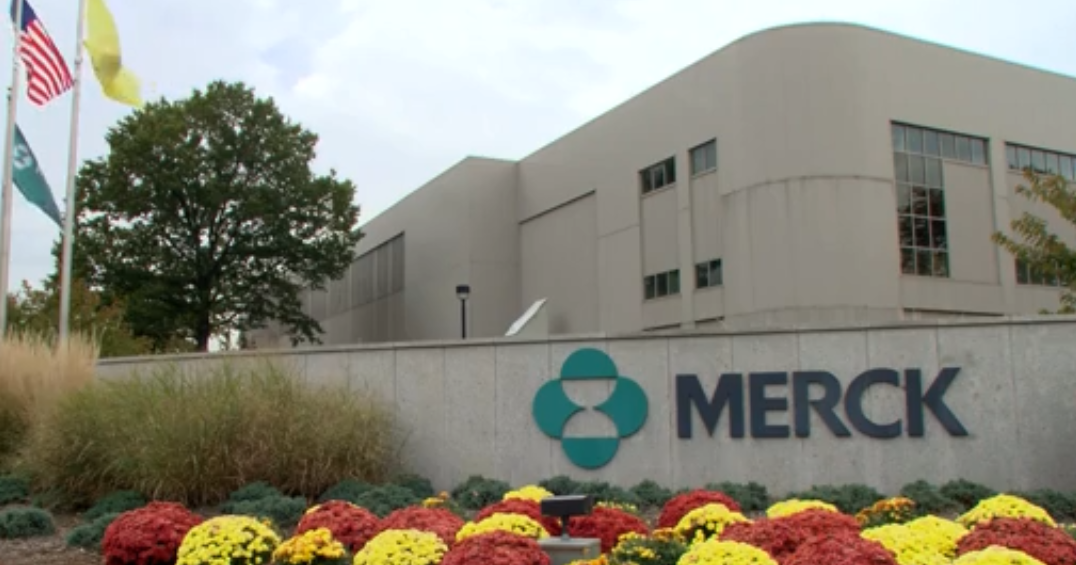Merck & Co to repurpose failed obesity drug for NASH

Merck & Co is to pay $10 million to Hanmi to repurpose an obesity drug discarded by Johnson & Johnson, into a therapy for the fatty liver disease known as NASH.
Non-alcoholic steatohepatitis, as the disease is also known, has been a target for pharma for years but is proving a tough nut to crack as there are no drugs yet approved to treat it.
Intercept was previously the front runner but its obeticholic acid has run into trouble with the FDA, which rejected a filing at the end of June.
Now US-based Merck wants to see if it can get Hanmi’s drug, known as efinopegdutide, to work in NASH after J&J walked away from developing it in obesity.
Metabolic diseases is already a focus area for Merck & Co – it markets several diabetes drugs including Januvia (sitagliptin) and last year exercised an option to develop NGM313, an antibody developed by NGM that could be used in NASH and type 2 diabetes.
J&J handed back rights to Hanmi after efinopegdutide, a once-weekly glucagon-like peptide-1 (GLP-1)/glucagon receptor dual agonist, failed to produce convincing data in clinical trials in obese patients with or without diabetes.
As well as the up front $10 million payment, South Korea’s Hanmi could receive milestone payments up to $860 million if certain development, regulatory and commercial targets are met.
Hanmi could also get double digit royalties on sales if the product is approved and retains an option to market it in Korea.
Dr Sam Engel, associate vice president, Merck clinical research, diabetes and endocrinology, Merck Research Laboratories, said: “Data from phase 2 studies has provided compelling clinical evidence that warrants further evaluation of efinopegdutide for the treatment of NASH.”
NASH is predicted to be an important source of revenues for pharma. Drugs to treat the condition could become blockbusters and the market is expected to be worth $84 billion worldwide according to latest estimates from ResearchAndMarkets.com.











